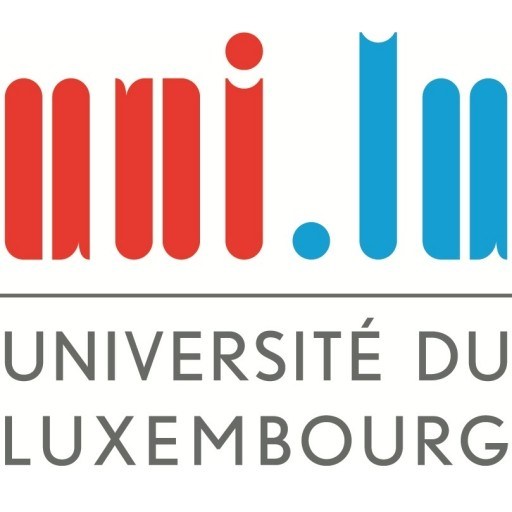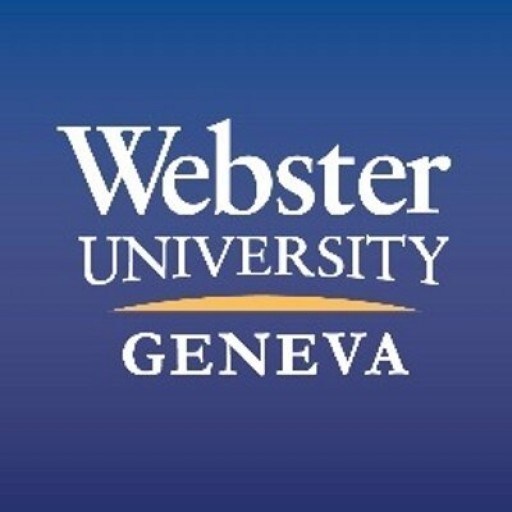Photos of university / #uni.lu
This Master programme is a continuation of the Bachelor studies as a first step towards the PhD . MICS starts with an orientation meeting where all new students get to know the professors and other students. The first semester is then mandatory for all: it is dedicated to the fundamentals of computer science. By the end of the first semester, the student selects courses based one or more profiles that he likes to pursue. Profiles are similar to specializations with the added benefit that multiple profiles can be realized.
The following profiles are currently being offered:
- Adaptive Computing ,
- Communication Systems,
- Information Security,
- Intelligent Systems,
- Network Systems,
- Reliable Software Systems .
The second and third semester offer specialised courses in the selected field, preparing the candidate for the final Master Thesis.
The MICS adheres to the Bologna agreement.
Goals/Missions
The MICS is taught by faculty members from the Computer Science and Communications Research Unit. Our primary mission is to conduct fundamental and applied research in the area of computer, communication and information sciences. Our goal is to push forward the scientific frontiers of these fields. Overall over 200 students pursue graduate and undergraduate degrees in Computer Science with individual supervision.
Career Prospects
Our students will acquire the necessary know-how for high-level research- and industry-oriented work. Currently we teach students from more than 10 different countries, we have national and international cooperation agreements with universities across Europe, US, and China, and the private sector. The multilingual and inter-cultural environment empowers students to work both individually and in multinational teams.
A warm welcome to the heart of Europe and to one of the most charming European capitals.
Ten Reasons
Still confused? We believe that our master program offers a unique mix of features that makes it a smart choice.
Here are ten reasons for choosing the MICS:
- Flexible specialization options : profiles are a unique feature of our programme that empowers students by allowing them to choose multiple specializations and to perform interdisciplinary studies
- Individual supervision and small class sizes : we limit the student intake in order to provide an optimal learning environment; active participation of students during lectures is encouraged
- Early involvement in research projects: students have the possibility, via student job positions, to participate early on in scientific research projects thus giving them a better idea what research is all about
- Ties to industry: the master thesis can be done in the context of a company; this option is especially interesting for those students that do not plan to go for a PhD
- Strong research unit : our master program is taught by staff from the Computer Science and Communications Research Unit, the largest research unit at the university of Luxembourg and also the one with the highest scientific output. In the last few years the CSC has pursued a strategy of hiring top professors from around the world
- International and multi-cultural environment : both students and faculty come from many different cultural backgrounds, which makes studying computer science in Luxembourg so much more exciting
- Quality of life in Luxembourg : in a recent survey by Mercer Consultancy Luxembourg was ranked the safest city among 215 capitals and 17th in terms of quality of living
- At the heart of Europe : Luxembourg is a short train ride away from cities such as Paris, Brussels, Frankfurt
- Luxembourg is a major European and financial centre
- Low cost : there is only a 200EUR fee per semester for registering for the master program
Location: Campus Kirchberg
The first semester is an orientation semester with a set of common courses for all students that establish a firm foundation for more specialized courses.
After the first semester the student chooses one of the available tracks or specializations. In semesters 2 and 3 she/he chooses 4 courses from the selected track and two more courses from other tracks.
In the last semester (semester 4) the student writes a master thesis, usually in the context of a research project. A cooperation with industry is possible for the master thesis.
Below is a detailed list of all the courses offered in the MICS program. For further information please contact the study director Pierre Kelsen or the secretary Cristina Marinho.
Semestre 1
- Module 1.1
- Basic Algebraic Structures
- Foundations of Computing
- Module 1.2
- Communication Theory
- Networking
- Module 1.3 Distributed Systems
- Module 1.4 Intelligent Systems - Agents and Reasoning Intelligent Systems - Information Retrieval and Learning Intelligent Systems - Problem Solving
- Module 1.5 English for Computer Science
- Module 1.6 Information Security Basics
- Module 1.7 Principles of Software Development
- Module 1.8 TechESL Bootcamp (optionnel)
- Module 1.9 Pronunciation Clinic (optionnel)
Semestre 2
- Module 2.1 Algorithmic Decision Theory (optionnel)
- Module 2.2 Algorithms for Numbers and Public-Key Cryptography (optionnel)
- Module 2.3 Dependable Systems (optionnel)
- Module 2.4 Formal Methods (optionnel)
- Module 2.5 Formal specification and program verification (optionnel)
- Module 2.6 Information Theory and Coding (optionnel)
- Module 2.7 Intelligent Agents I (optionnel)
- Module 2.8 Knowledge Discovery and Data Mining (optionnel)
- Module 2.9 Mobile Computing (optionnel)
- Module 2.10 Networked Feeback Systems (optionnel)
- Module 2.12 Principles of Security Engineering (optionnel)
- Module 2.13 Quality of Service in Computer Networks (optionnel)
- Module 2.14 Symmetric Key Cryptography and Security of Communications (optionnel)
Semestre 3
- Module 3.1 Intellectual Property
- Module 3.2 Advanced Project Management
- Module 3.3 Coding theory (optionnel)
- Module 3.4 Computational Statistics (optionnel)
- Module 3.5 Cryptography in the Real World (optionnel)
- Module 3.8 Game theory (optionnel)
- Module 3.9 Intelligent Agents II (optionnel)
- Module 3.10 Machine Learning (optionnel)
- Module 3.11 Management of Information Security (optionnel)
- Module 3.12 Model-Driven Software Development (optionnel)
- Module 3.13 Non-/Cooperative Information Routing (optionnel)
- Module 3.14 Open Network Security (optionnel)
- Module 3.15 Parallel and Grid Computing (optionnel)
- Module 3.16 Security Modeling (optionnel)
- Module 3.17 Security Protocols (optionnel)
- Module 3.18 Selected topics in Artificial Intelligence (optionnel)
- Module 3.20 Software Product Line Engineering (optionnel)
- Module 3.23 Testing and Validation (optionnel)
- Module 3.24 Ubiquitous Computing (optionnel)
- Module 4.1:Master thesis (MICS2-30)TOTAL (mandatory course)
Want to improve your English level for admission?
Prepare for the program requirements with English Online by the British Council.
- ✔️ Flexible study schedule
- ✔️ Experienced teachers
- ✔️ Certificate upon completion
📘 Recommended for students with an IELTS level of 6.0 or below.











